#Jean-Pierre Nicolas
Explore tagged Tumblr posts
Text

Jean-Pierre Nicolas & Jean Todt (Almeras - Porsche 911 Carrera RS) Rallye de Monte Carlo - 1979. © Girardo & Co. arquivo-archive. - source Carros e Pilotos.
38 notes
·
View notes
Text



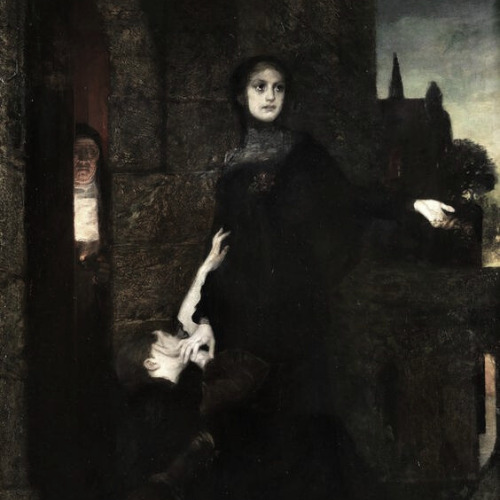
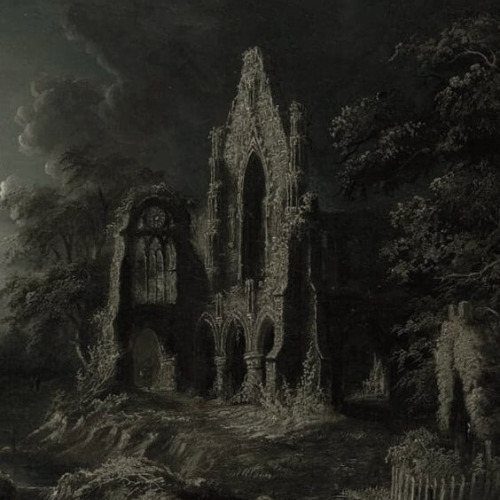




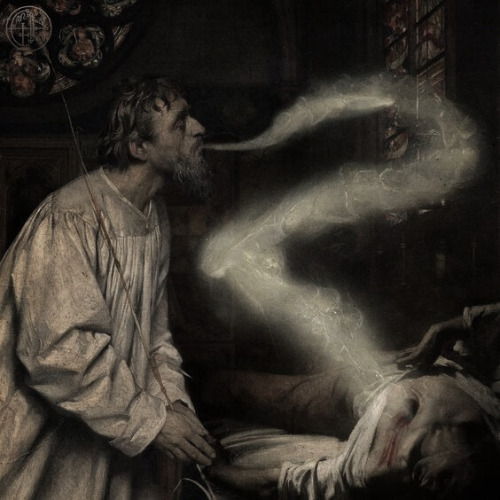
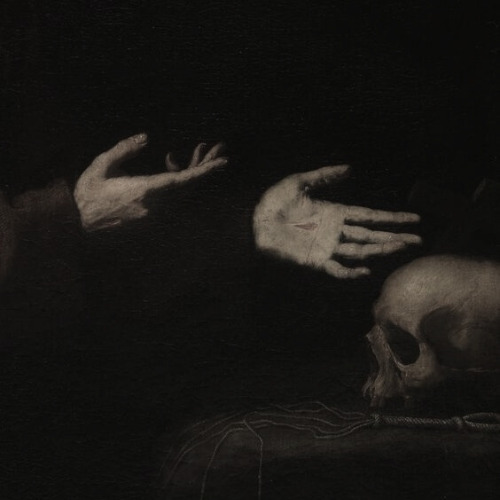
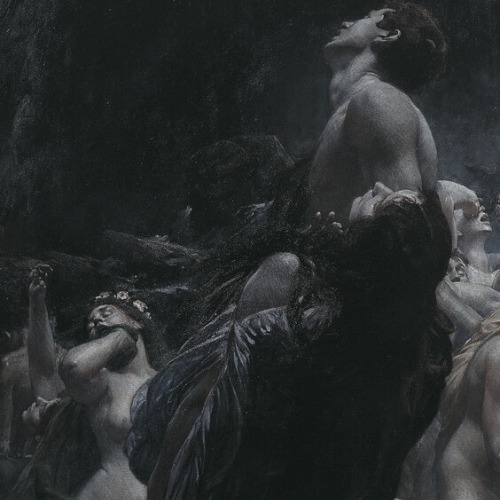
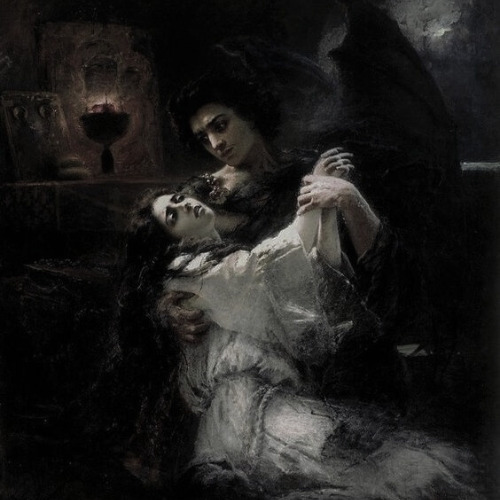


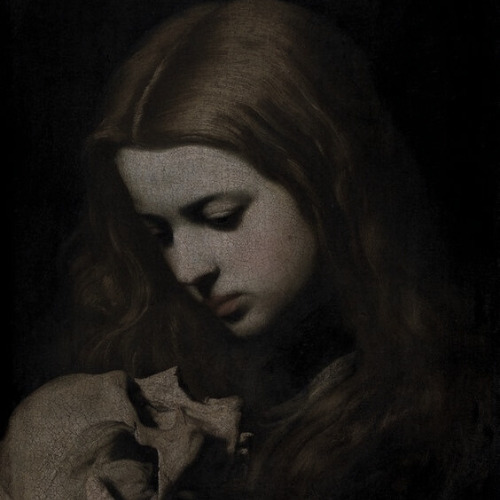
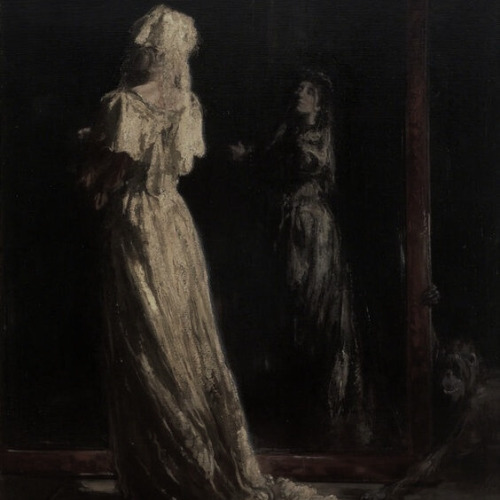
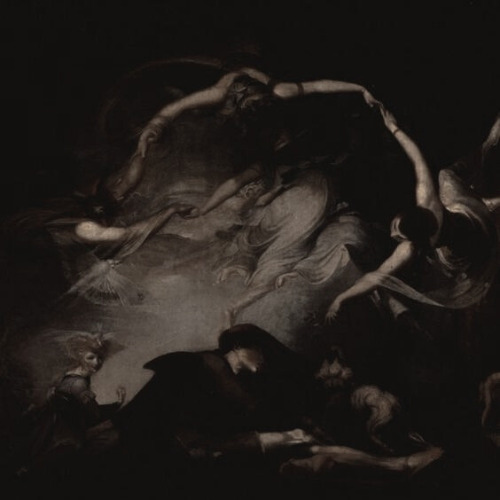
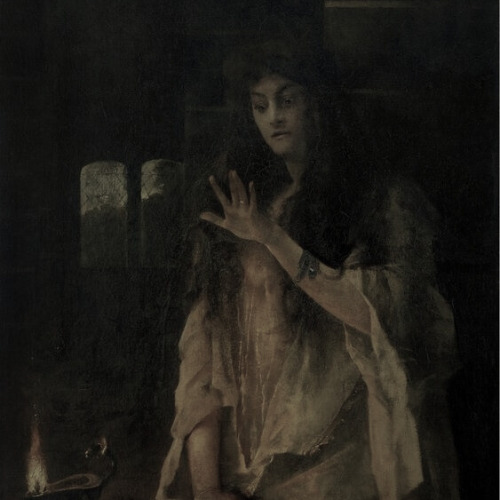
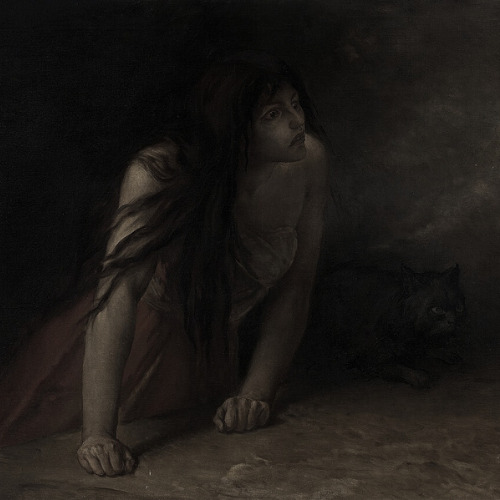


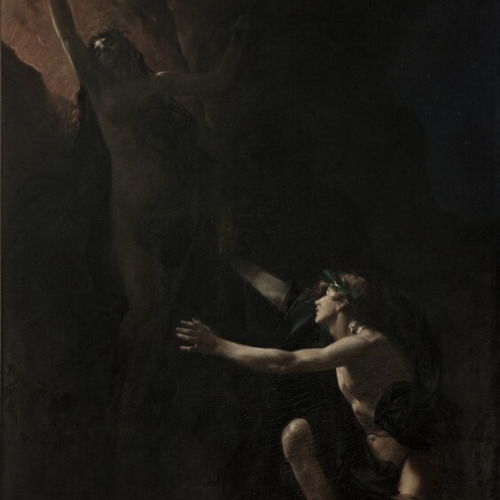
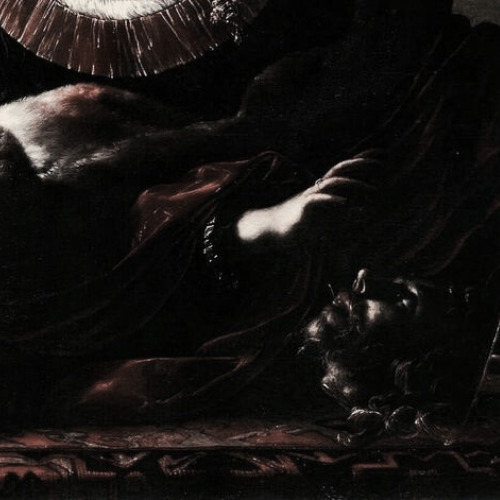

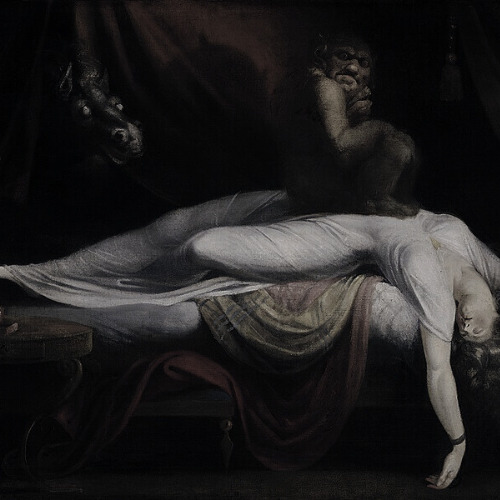
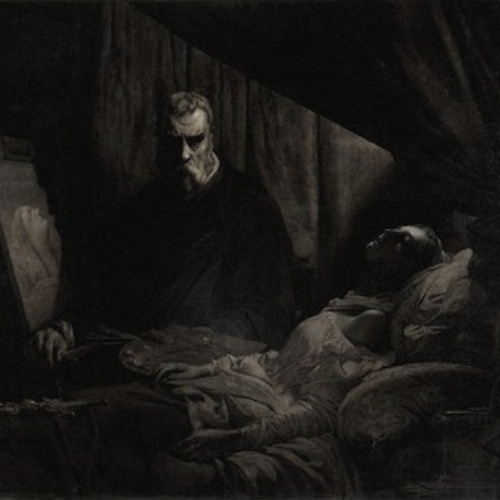
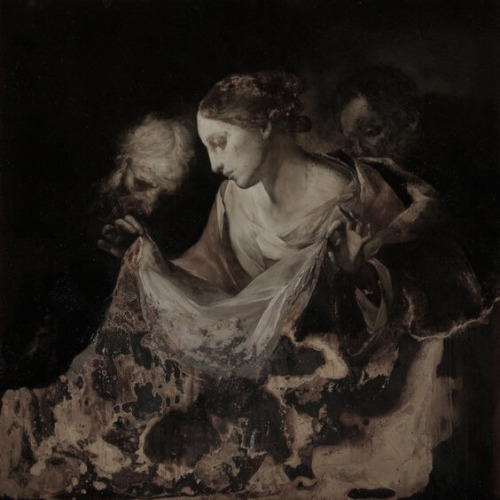

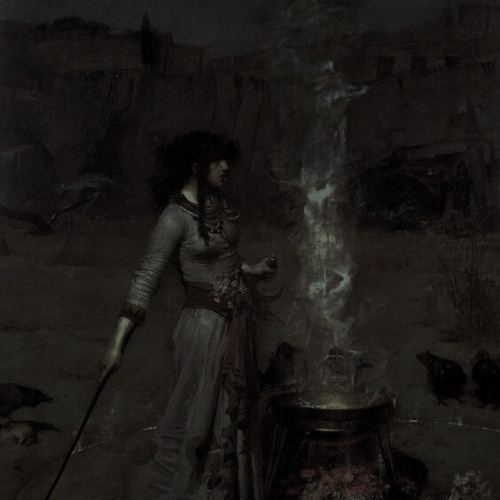
art aesthetics: gothic
#artist is carl gustav carus#artist is george roux#artist is carl gustav carus-#artist is ferdinand keller#artist is sebastian pether#artist is adolph von menzel#artist is daniel sayre groesbeck#artist is carlo dolci#artist is jose benlliure y gil#artist is pierre jean van der ouderaa#artist is jusepe de ribera#artist is adolf hiremy-hirschl#artist is jonstantin makovsky#artist is francesco cairo#artist is serafino macchiati#artist is jusepe de ribera-#artist is sir william nicholson#artist is henru fuseli#artist is alfred stevens#artist is jean-francois portaels#artist is cecco bravo#artist is piotr stachiewicz#artist is alexandre serres#artist is francesco del cairo-#artist is henri leopold levy#artist is henry fuseli-#artist is tintoretto#artist is nicola samori#artist is ferdinand knab#artist is john williams waterhouse
1K notes
·
View notes
Text
A gift for myself as I've gotten to napoleonic fandom for 1000(+3) days🥰!
#napoleonic wars#napoleon bonaparte#louis alexandre berthier#geraud duroc#jean lannes#joachim murat#jean baptiste bessières#pierre augereau#andre massena#michel ney#laurent de gouvion saint cyr#auguste de marmont#edouard mortier#jean de dieu soult#jean andoche junot#jean baptiste bernadotte#dominique jean larrey#nicolas charles oudinot#louis nicolas davout#barclay de tolly#pyotr bagration#mikhail miloradovich#alexey arakcheev#alexander i of russia#mikhail speransky#sir sidney smith#talleyrand#joseph fouché#horatio nelson#arthur wellesley
219 notes
·
View notes
Text
The ends of the Marshals
We know a lot about our marshals of empires, but for some their existence ends in 1814, I did some research and I did all the dates of death of the 26 marshals of the empire with their age of death and some information that I had, do not hesitate to say other information if you have any, when we look closely Lannes was the first to die and at a young age while the one who spent the most time on earth is Moncey who lived until 87 years old, yet it is Marmont who will be the last to die in 1852, I hope that this will be useful for some.
Shot:
-Murat, October 13, 1815 (trying to recover his former kingdom of Naples …) at 48 years old
-Ney, December 7, 1815 (judged as a traitor for having joined Napoleon in 1815) at 46 years old
Defenestrate: (throw at a window)
-Berthier, June 1, 1815 (suicide or murder?) at age 61
Killed in combat:
-Lannes, May 31, 1809, wounded in the leg, dies of his wounds, at age 40
-Bessières, May 1, 1813, wounded by a cannon (no chance of survival) at age 44
-Poniatowski, October 19, 1813, drowned during the battle of Liepzig, at age 50
assassinated:
-Brune, August 2, 1815 (victim of the white terror of 1815) at age 52
-Mortier, July 28, 1835 (killed in an attack) at age 67
illness:
-Davout, June 1, 1823 (probably of tuberculosis) at age 53
-Augereau, June 12, 1816, at age 58
-Masséna, April 4, 1817 (long-term ill) at age 58
-Gouvion Saint-Cyr, March 17, 1830 (stroke) at age 65
natural causes, old age: (Here it is mainly deaths from natural causes)
-Perignon, December 25, 1818, at age 64
-Serurier, December 21, 1819, at age 77
-Lefebvre, September 4, 1820, at age 64
-Kellermann, September 14, 1820, at age 85
-Suchet, January 3, 1826, at age 55
-Jourdan, November 23, 1833, at age 71
-MacDonald, September 25, 1840, at age 74
-Victor, March 1, 1841, at age 76
-Moncey, April 20 1842, at age 87
-Bernadotte, March 8, 1844 (died of a paralytic attack at age 81)
-Grouchy, May 29, 1847, at age 80
-Oudinot, September 13, 1847, at age 80
-Soult, November 26, 1851, at age 82
-Marmont, March 2, 1852, at age 77
#history#napoleonic era#napoleon's marshals#michel ney#joachim murat#louis nicolas davout#louis alexandre berthier#jean mathieu philibert sérurier#jean lannes#jean baptiste bessières#jean baptiste jourdan#jean baptiste bernadotte#joseph antoine poniatowski#pierre augereau#claude victor perrin#jean de dieu soult#edouard mortier#nicolas charles oudinot#emmanuel grouchy#auguste de marmont#louis gabriel suchet#etienne macdonald#catherine dominique perignon#françois joseph lefebvre#françois christophe kellermann#jean mathieu philibert serurier#adrien moncey#andré masséna#laurent gouvion saint-cyr
101 notes
·
View notes
Text
I drew all 26 of Napoleon's marshals
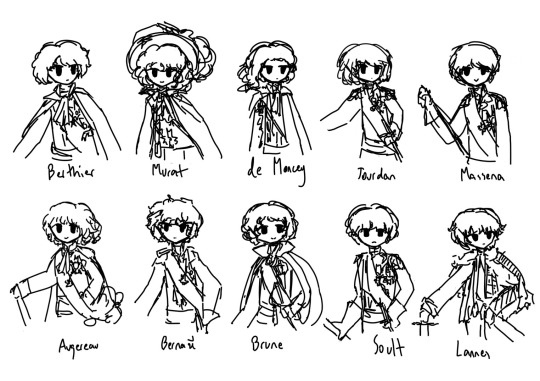
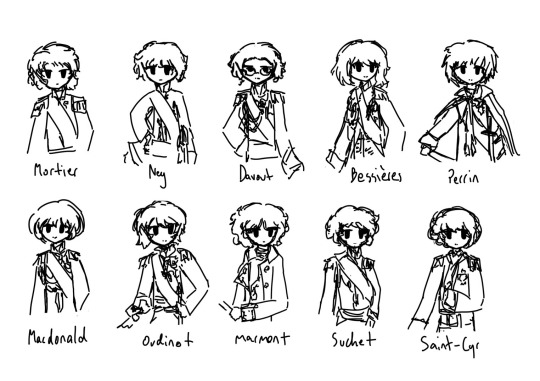
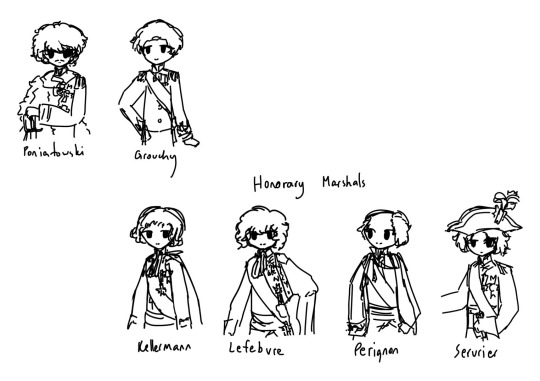
#napoleonic wars#napoleon’s marshals#do i just tag all of them#Louis-Alexandre Berthier#Joachim Murat#Bon-Adrien Jeannot de Moncey#Jean-Baptiste Jourdan#André Masséna#Pierre Augereau#Jean-Baptiste Bernadotte#Guillaume Brune#Jean-de-Dieu Soult#Jean Lannes#Édouard Mortier#Michel Ney#Louis-Nicolas Davout#Jean-Baptiste Bessières#Claude Victor-Perrin#Jacques MacDonald#Nicolas Charles Oudinot#Auguste de Marmont#Louis-Gabriel Suchet#Laurent de Gouvion Saint-Cyr#Józef Antoni Poniatowski#Emmanuel de Grouchy#François Christophe de Kellermann#François Joseph Lefebvre#Catherine-Dominique de Pérignon#Jean-Mathieu-Philibert Sérurier
60 notes
·
View notes
Text






Jean-Pierre Melville - Le Doulos (1962)
37 notes
·
View notes
Text

#musical theater#do you know this musical#poll#mozart l'opera rock#dove attia#françois castello#nicolas luciani#jean pierre pilot#william rousseau#olivier schultheis#vincent baguian#patrice guirao#françois chouquet#language: french#rod janois
119 notes
·
View notes
Note
A fun little ask: the Marshalate is informed there is cake in the break room. How do each of them react?
Who ever you are, thank you for this sweet little question and I apologise for my late response. 🙈💕
I have ideas for some of them, however I am **not** aware of the maréchals eating habits so any input is welcome here. Also, I don't know all of the marshals well enough but I will try to include as many as possible. Don’t expect any historical accuracy in this.
See this post as a very big headcanon and as one ongoing story where I am going to try to mimic the marshals characters and miserably fail.
Shall we begin? :D
Les Maréchals and cake
Berthier would hear about it and quietly get excited by the idea of having a nice little piece of cake, just for him to be too busy with everything so that he isn't able to leave his desk. Either this or someone (probably one of his adcs) would be nice enough to get for Berthier his piece of cake.
Murat: You bet he is one of the first ones to look at this cake. His reaction might depend on how the cake looks. If it's a huge cake with a lot of golden details, Murat will carry it around so everyone admires this phenomenal cake because it deserves to be looked at.
Augerau and Masséna wonder why there is such a fancy a cake in the break room in the first place and who might have put it there. Augerau asks Masséna with a low voice: “How much money do you want to bet on the cake being poisoned?” Before Masséna is able to answer, Lannes enters the scene.
Lannes runs after Murat with the cake knife demanding to finally get his damn piece of this cake while Murat can't make himself to cut it because this cake is “so damn beautiful that it would be a waste to eat it.” This little game goes on for a minute or two until the other marshals grow impatient, one of them being Ney.
Ney who is known for his hotheadedness tries to save this cake from a disaster aaaaand fails. :) The three of them dispute over who is the actual culprit of this mess.
L: Murat, what have you done? M: I have done nothing. You followed me with a knife. N: You let the cake fall. M: You intervened in my business with Lannes.
The cake has fallen to the ground as Davout, Suchet and Macdonald watched. “Aaand here goes the cake”, Macdonald says; “At least the floor was able to taste it.” Suchet asks: “What do you think was its flavour?” ”Chocolate vanilla.” Davout answers. After a moment of silence, he adds. “Soult has a good recipe.” Mortier walks in, seeing how Lannes, Murat and Ney are loudly disputing while Masséna and Augerau get themselves black coffee and Davout, Suchet and Macdonald talking. Lefebvre who was walking right behind Mortier gestures him to move away from the door so he can get into the break room: “What is going on?”
Suchet: “We found a cake-“ Davout interrupts him: “We found a chocolate vanilla cake which we don’t know how it got here or if it was poisoned and now it’s inedible because his royal highness, the King of Naples, made it fall.”
Murat shouts from the back: “I didn’t let it fall.” Lannes: “Oh, you did.”
Lefebvre offers a solution like the good fatherly figure he is: “Do you still want cake? We could bake a new cake, messieurs.” Davout replies: “This sounds like a smart idea, Monsieur. Maréchal Soult knows an excellent recipe.”
Lefebvre: “Ahh, excellent. Where is our maréchal?”
Mortier: “He is in his office.”
“Then this where our journey goes next.” Lefebvre slams the door open and accidentally hits Oudinot. “Ah, Monsieur, my apologies. If I had known you were there, I wouldn’t have slammed the door as hard as I did. Are you alright? Yes? Until the next time then.”
Davout walks up to his friend to make sure how Oudinot is doing and explains to him in the meanwhile what is going on and also promises Oudinot to bring him a piece of the cake they are going to bake.
Lefebvre takes the lead and walks straight to Soult’s office while Davout and Mortier follow him. Suchet decides to stay behind while Macdonald thinks about it. Lefebvre knocks on Soult’s office door: “Monsieur, le maréchal? Are you here?” *Lefebvre knocks again with his energetic manner.* “Monsieur, le maréchal, it’s me, Lefebvre. Open the door!*
Soult opens the door with his usual unimpressed demeaner: Hm? Lefebvre: “Excusez-moi, mon maréchal, I heard you have a recipe for a delicious cake?” Soult: Cake? What cake? Davout: The chocolate vanilla one… the one you baked for your daughter Hortense’s birthday. The delicious one. Soult: Ah, yeah. That one. What of it? Mortier: We would like to bake this cake, which is why we want to ask if you mind us borrowing the recipe? Soult stares at his co-maréchals for a second, he shuts the door, opens it again with a piece of paper in his hand which he gives to Lefebvre. “Here. Is there anything else you need?” Macdonald who decided to join the baking group walks up to them and asks Soult: “Would you mind to lend us your baking equipment?” - “No. Have a nice day.” Soult shuts his door while Lefebvre shouts: “Thank you for your help, Monsieur Soult.” Macdonald asks: “What are we going to do now?” “We are going to bake the cake now, my good friend”, Davout answers. Mac: “Where? Where do you want us to bake the cake? Do we have the right ingredients?” D: In the kitchen and I don’t see why we shouldn’t have the ingredients. Macdonald looks at Davout with suspicious eyes about the matter if they are going to manage to bake this cake… The group of maréchals appear in the imperial kitchen where they start to gather the right ingredients. While the group is busy with the preparations, les maréchals Pérignon and Sérurier appear, wondering what is going on. As Lefebvre is explaining these two their baking journey up until now, Pérignon and Sérurier decide to join them: “A cake made by maréchals for maréchals.”
What could possibly go wrong with two additional heads in the kitchen? As it turns out: Everything. Pérignon and Sérurier manage to overdo the cake by confusing salt with sugar. The cake tastes salty, the icing itself is fine because it was made by Davout who religiously followed Soult’s directions. In addition to that, monsieur Lefebvre manages to mix up usual paper with baking sheets.
Bernadotte walks into the kitchen as he sees his fellow maréchals working on their baking project. He comments on the scenery: “This is just pure chaos without any discipline, a chaos which can’t possibly create something edible.” Davout replies “Well, have you ever baked anything in your miserable existence which you so call your life?”; to which Bernadotte says: “wELL, no, BUT-“ Davout continues: “Then get out of this room and give me my peace back or shut up.” Bernadotte decides to leave.
As Bernadotte is leaving, Jourdan walks right into the scene with an apple in his hand. A fire starts to break out in the oven and Jourdan, like the team player he is, turns and leaves this mess to his co-maréchals without saying one word.
Nothing is going as Davout had it planned. He sits in a corner, mourning this beautiful chocolate vanilla cake he had in mind. Macdonald sits right next to him with a spoon, telling him: “Well, at least the frosting you made yourself is delicious.” Davout, completely shattered by the fact that he wasn’t able to make his desired chocolate vanilla cake, puts his face into his palms until a surprise visits the kitchen: It’s maréchal Soult. With a cake. A chocolate vanilla cake. A chocolate vanilla cake which is neither burnt nor oversalted. A chocolate vanilla cake according to the recipe. Next to Soult is Oudinot who cuts two pieces of the cake: one for himself and one for his good old friend, Louis Nicolas Davout.
After Soult, Ney and Lannes enter the kitchen. Ney silently takes a piece of Soult’s cake, saying nothing except a simple “thank you”. So do Macdonald and Mortier. Soult tolerates Ney’s presence. Lannes on the other hand goes straight to the oversalted and burnt cake which the older maréchals made and are also eating. Kellermann and Grouchy, as late to the party as ever, also go for Lefebvre’s bad cake while Soult’s good cake is still sitting there. Soult can’t hide his look of disgust.
At some point, Bessières and Murat join or rejoin retrospectively the scene, walking up to Soult’s cake. Bessières, as well mannered as he is, takes one piece of a cake to which Murat comments: “I know how much you like this lovely type of cake, Bessières, take a second piece.” - “No”, Soult replies: “That’s not your cake. Take your piece and leave.” Murat adds: “For whom are the other pieces then? I don’t see anybody who would possibly want to eat this gorgeous baked good. We want to eat your delicious creation of a fabulous cake.” - “One piece each. You can give him your piece if you like to.” Bessières interrupts the two: “I am content with my piece.” Murat doesn’t listen to what Bessières says and continues his conversation with Soult: “My fellow maréchal, I don’t understand, why do you struggle so much with allowing somebody to have one additional piece of cake than the other ones?”
While Murat and Soult continue their dispute which leads to nowhere, one adc enters slowly the kitchen. He looks at Soult who recognises this man as one of Berthier’s adcs. He came to get a piece of cake for his marshal. Soult lets him take one of the few pieces left. All of a sudden, Kellermann seems to be chocking on his salty cake piece. All the maréchals are gathering around him and in the chaos, the last few pieces of Soult’s cake fall to the ground. Soult looks at his cake or what’s left of it. One could argue that everyone who wanted to eat it was able to eat it. One could argue that these fallen pieces can be ignored and Soult could go on with his day never ever thinking about the pieces again. However, we are talking about maréchal Soult here who sees the art in baking. The love, the accuracy of it. Today he didn’t just bring cake to his fellow maréchals. Today he witnessed how some of them have no sense of dignity for what it means to be able to eat good food. Good cake. Soult is leaving the room, not bothered about Kellermann as he wouldn’t be able to help anyway. He is going to his wife, his Louise Berg, who asks him about his day. He tells her the whole of it. How he was surprised by his fellow maréchals who wanted to bake a cake. How he knew that they are going to mess up his recipe. How he baked that cake properly and how a part of it went to waste. “Some of them ate oversalted and burnt cake. Who eats bad cake? Who likes bad cake???”
Davout on the other hand was thankful for Soult. With a smile on his face, Davout enjoyed his so desired chocolate vanilla cake, unbothered by the event surrounding him. The end. :)
#Napoleonic headcanon#headcanon#napoleonic#louis alexander berthier#joachim murat#charles pierre augerau#andré masséna#jean lannes#michel ney#louis nicolas davout#louis gabriel suchet#étienne macdonald#édouard mortier#nicolas charles oudinot#françois joseph lefebvre#jean baptiste bernadotte#jean baptiste bessières#jean baptiste jourdan#jean de dieu soult#louise berg soult#And the rest :)#i am too tired for this#i hope you like it#cake
63 notes
·
View notes
Text
youtube
Antagonia, a short film by Nicolas Brault
#somethingneweveryday#short#short film#film#nicolas brault#animation#nfb#national film board of canada#denis chartrand#serge boivin#marc bertrand#josé heppell#normand roger#susan gourley#pierre plouffe#penguin#michèle bélanger#denis l. chartrand#pierre yves drapeau#jean paul vialard#movie#Youtube
26 notes
·
View notes
Text

All Your Faces (Je verrai toujours vos visages), Jeanne Herry (2023)
#Jeanne Herry#Élodie Bouchez#Leïla Bekhti#Adèle Exarchopoulos#Dali Benssalah#Gilles Lellouche#Miou Miou#Suliane Brahim#Jean Pierre Darroussin#Birane Ba#Anne Benoît#Pascal Sangla#Fred Testot#Raphaël Quenard#Sébastien Houbani#Nicolas Loir#Adélaïde Mauvernay#2023#woman director
10 notes
·
View notes
Text
La comédie Française, 1970-1983.






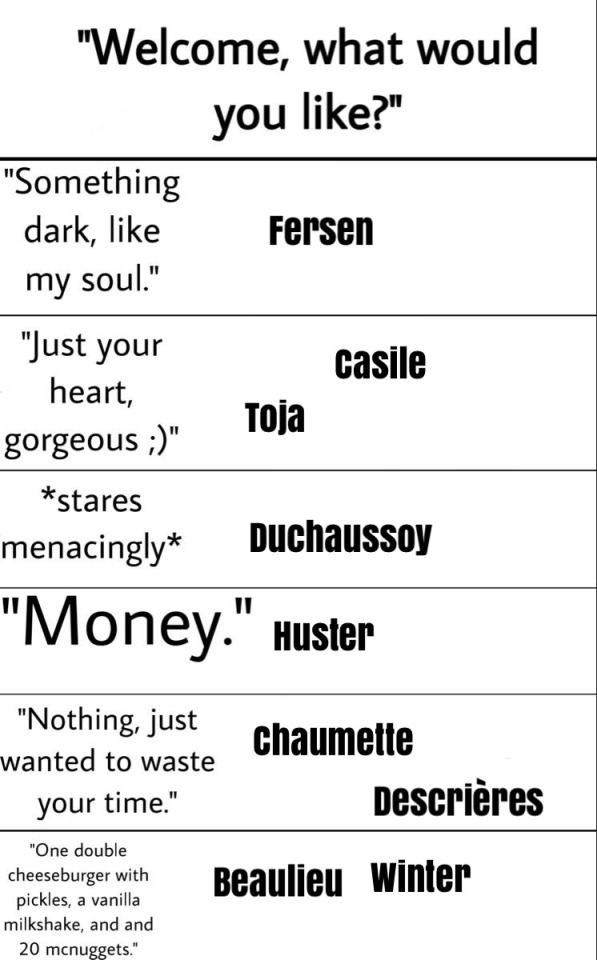
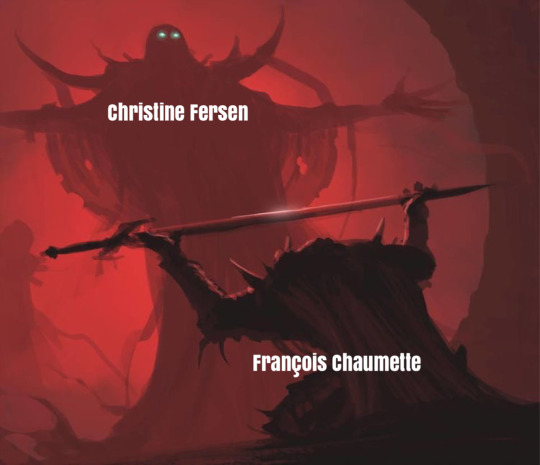

#comédie française#jacques toja#françois chaumette#françois beaulieu#francis huster#nicolas silberg#genevieve casile#georges descrières#claude winter#christine fersen#catherine ferran#catherine hiegel#tania torrens#jean luc boutté#jacques charon#jean le poulain#michel duchaussoy#micheline boudet#jean pierre vincent#jack lang
9 notes
·
View notes
Text

Jean-Pierre Nicolas & Vincent Laverne (Alpine-Renault A110 1800) 2éme du Tour de Corse 1974. - source Carros e Pilotos.
43 notes
·
View notes
Text

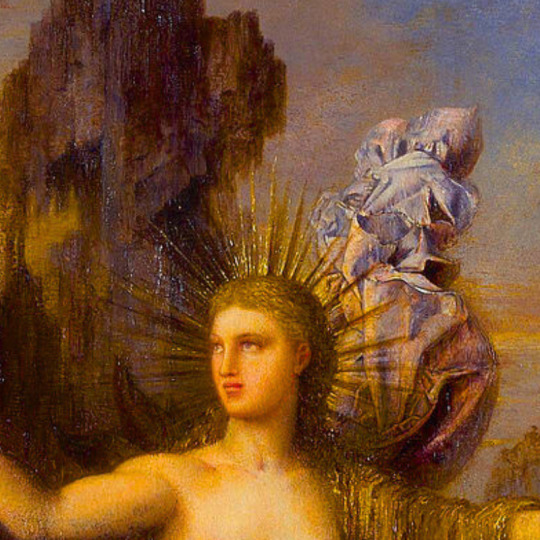
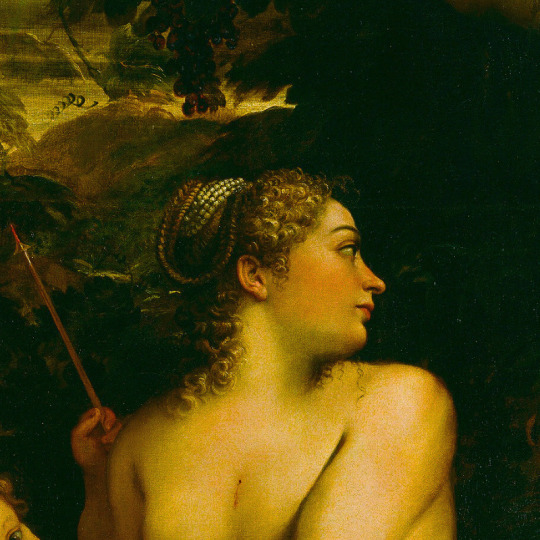
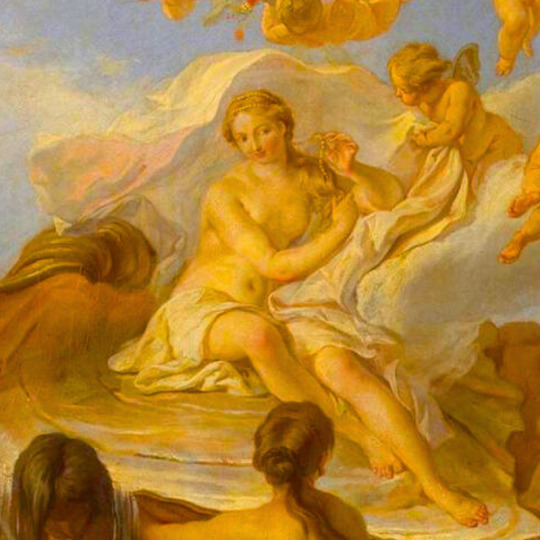
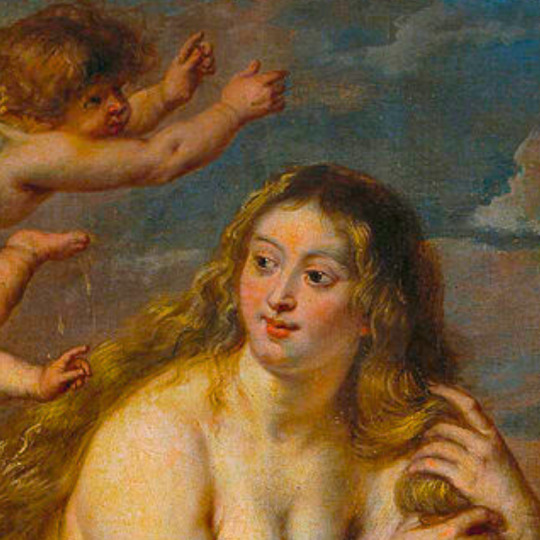
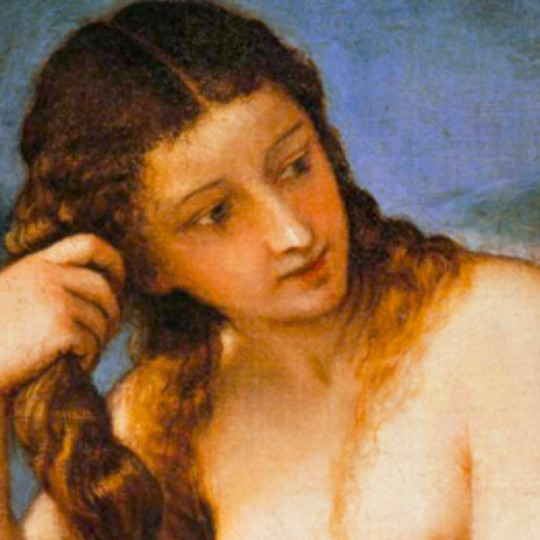
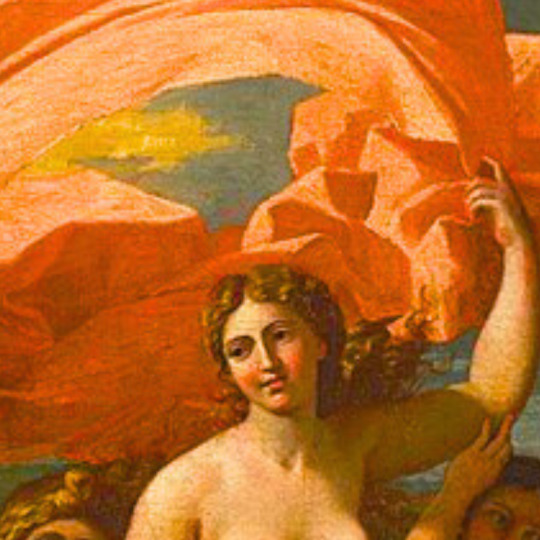
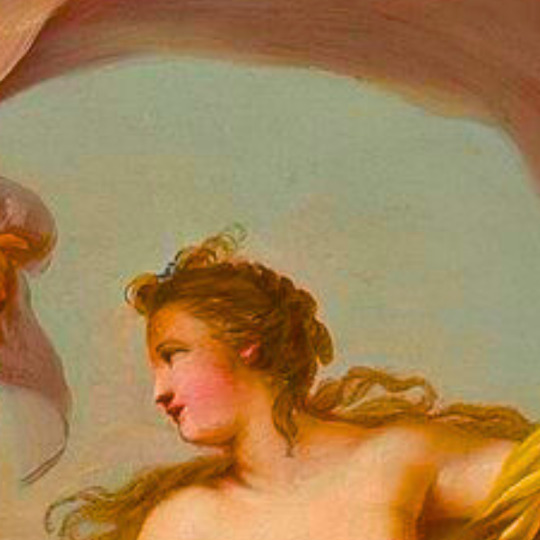
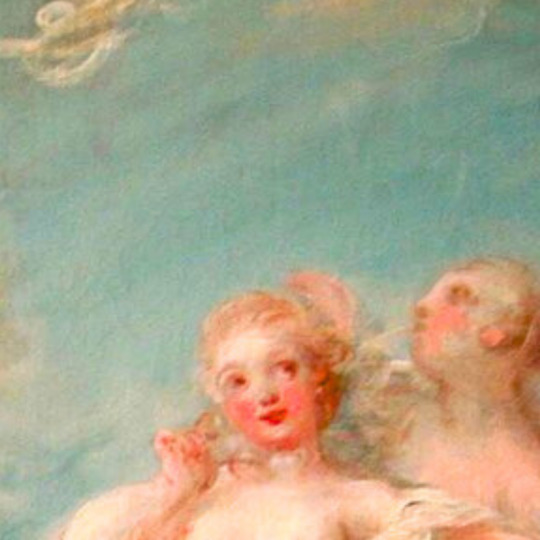
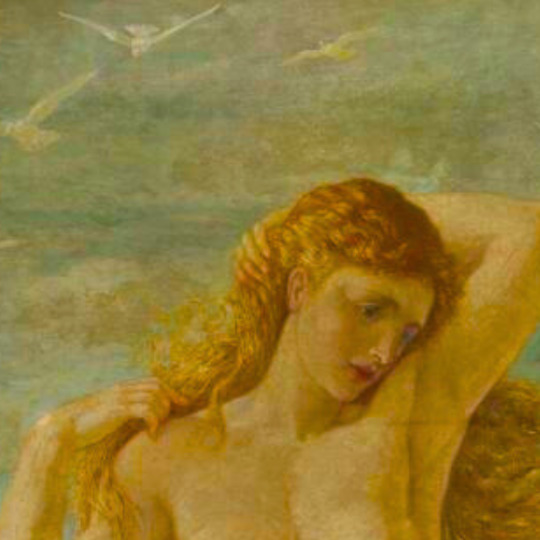
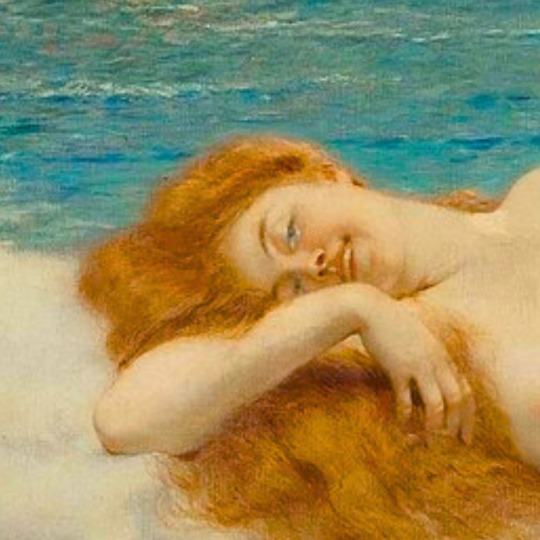
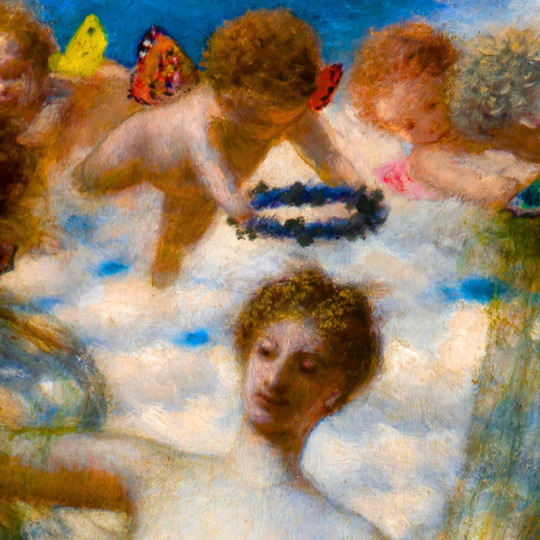

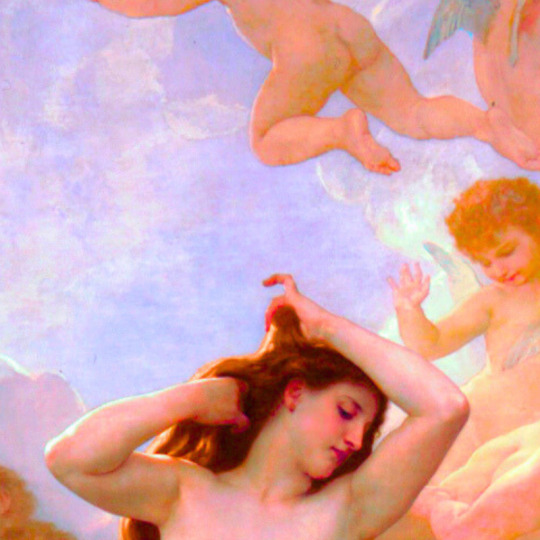
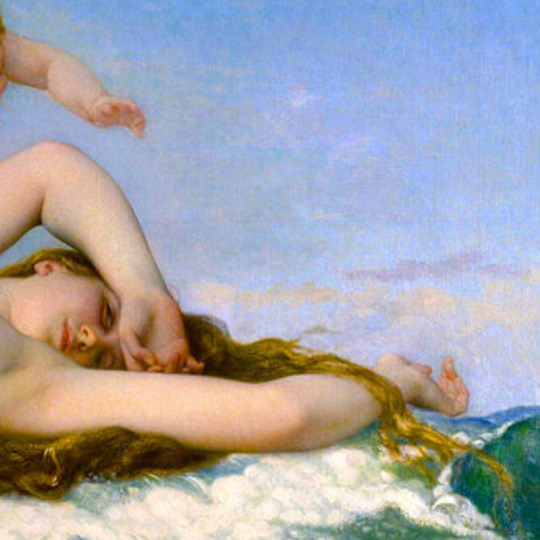

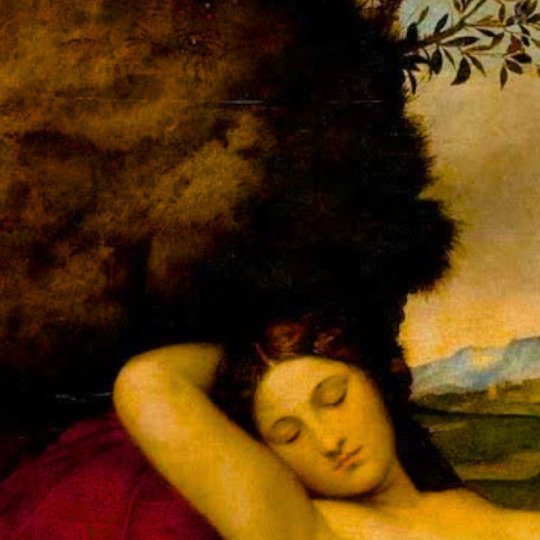
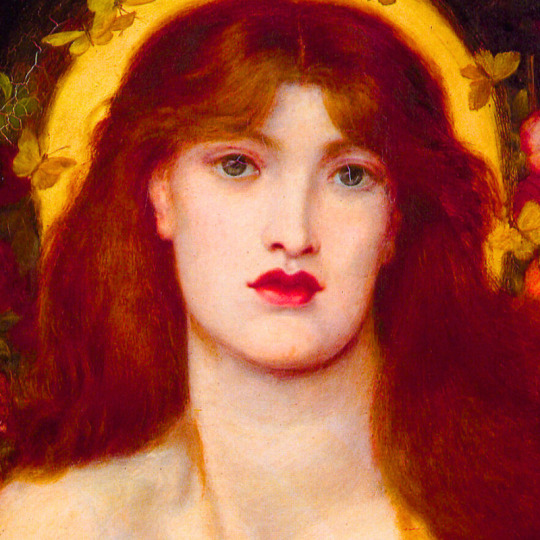
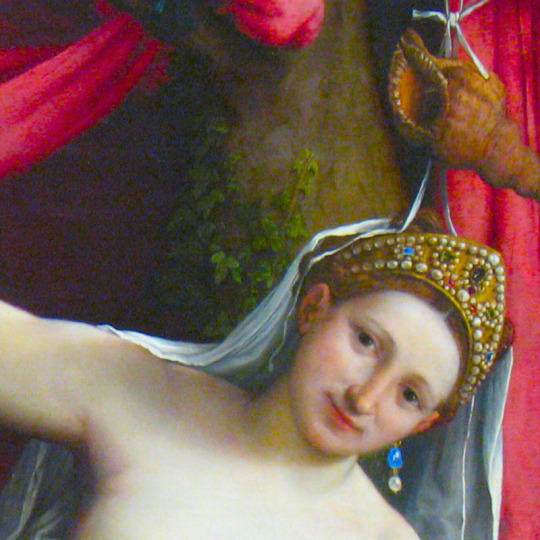

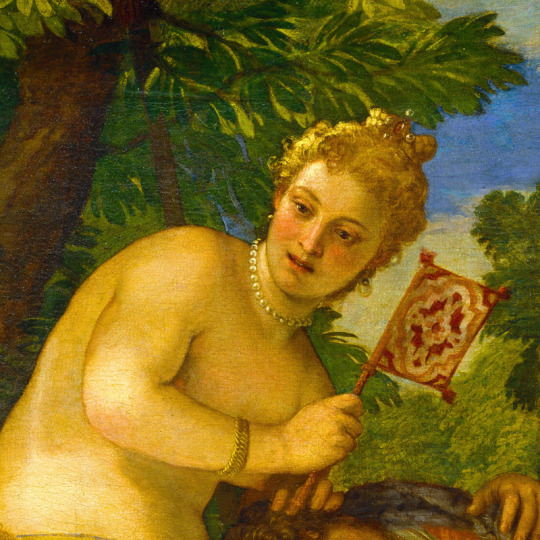
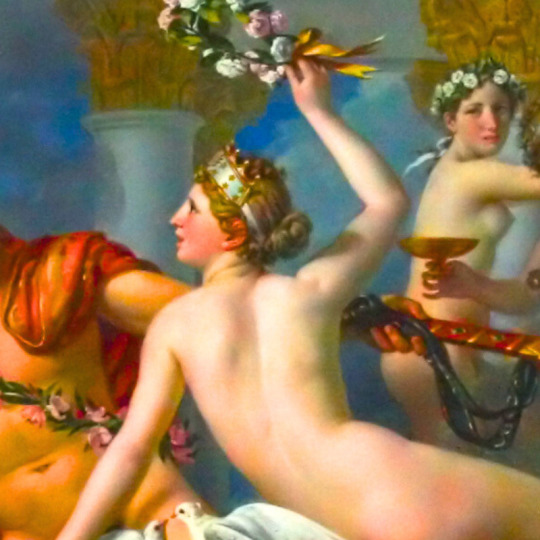
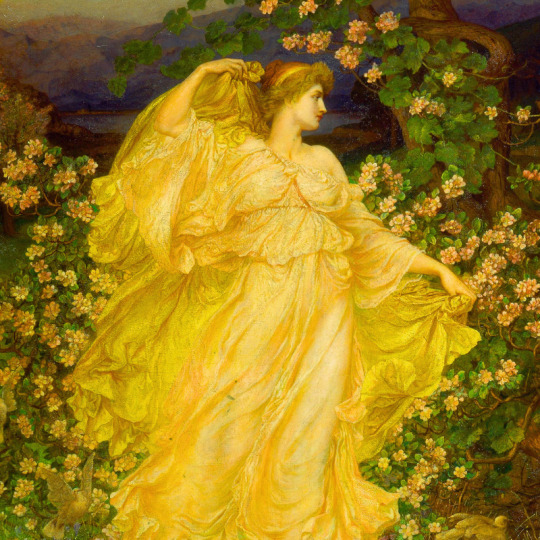
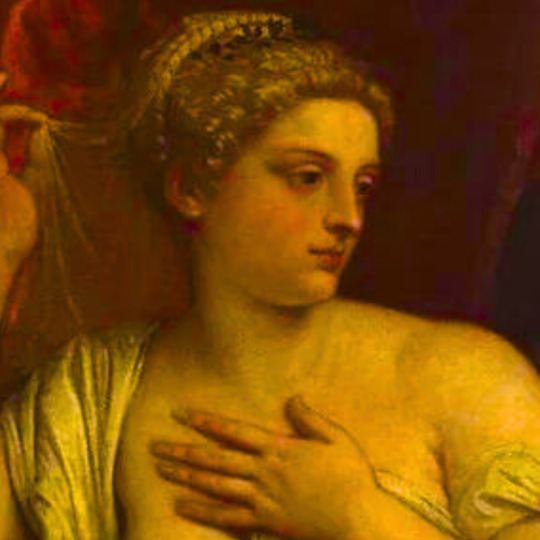
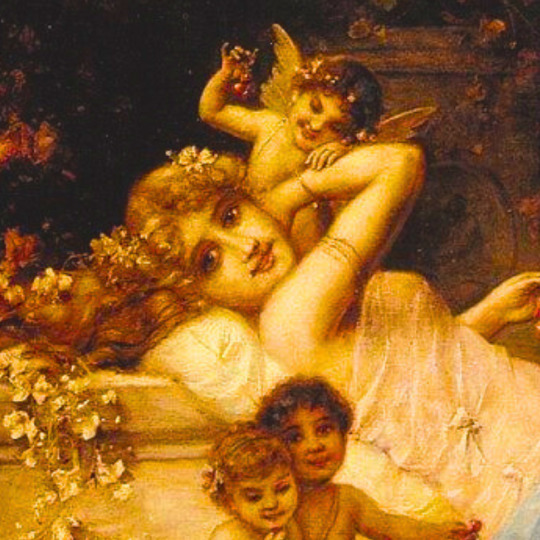
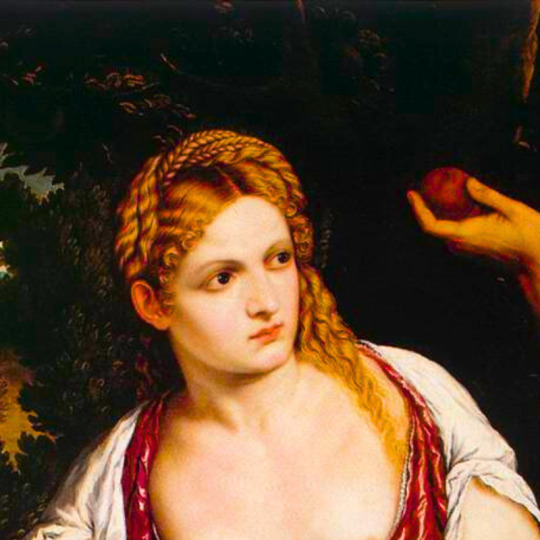
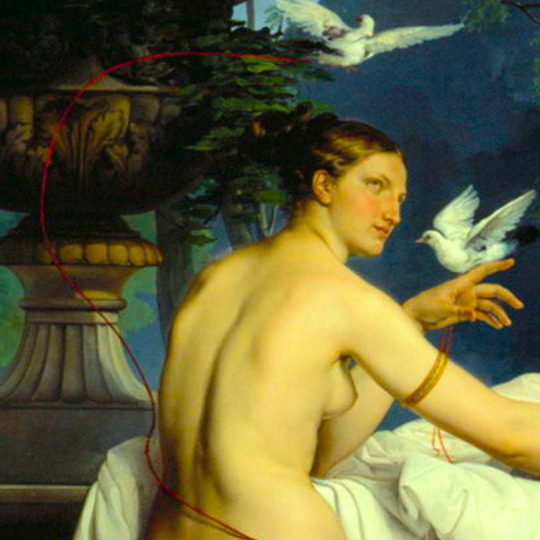
aphrodite & venus + art
#the birth of venus by sandro botticelli#venus rising from the sea by gustave moreau#venus adonis and cupid by annibale carracci#the birth of venus by noel-nicolas coypel#the birth of venus by cornelis de vos#venus anadyomeme by titian#the birth of venus by nicolas poussin#the birth of venus by jean-baptise marie pierre#the birth of venus by jean-honore fragonard#the renaissance of venus by walter crane#the birth of venus by henri gervex#birth of venus by fritz zuber-buhler#the birth of venus by william-adolpe bouguereau#the birth of venus by alexandre cabanel#mars and venus by sandro botticelli#sleeping venus by giorgione#venus verticordia by dante gabriel rossetti#venus and cupid by lorenzo lotto#the birth of venus by francois boucher#venus and adonis by paola veronese#mars being disarmed by venus by jacques-louis david#venus and anchises by william blake richmond#venus before a mirror by titian#venus and her attendants by hans zatzka#venus and mars by paris bordone#venus with two doves by francesco hayez#art history#history#art#aphrodite
479 notes
·
View notes
Text
The “Circulaire Ricard”
This is a horribly long text that will most likely only be interesting to me, but just in case: This is the main evidence against Soult in the “Roi Nicolas” affair of spring 1809, during his stay in Porto, when he was accused of wanting to make himself king of the country. It’s a circular, sent to all generals under Soult’s command in Portugal, put together by Soult’s chief-of-staff general Ricard - who in the end became the main victim in this affair, as he was recalled from his post and fell in disgrace for two years. It’s quoted in Nicole Gottéri, “Le maréchal Soult et la royauté de Portugal”.
Mon General,
His Excellency, the Marshal Duke of Dalmatia, has asked me to let you know about the dispositions of the great majority of the inhabitants of the province of Minho.
The city of Braga, one of the first to take part in the insurrection, was also the first to speak out in favour of a change of system that would assure the future peace and tranquility of their families and the independence of Portugal. The corregidor whom H.E. had appointed had withdrawn to Oporto when the French troops left, fearing that the numerous emissaries Silveira was sending would stir up further disturbances and threaten his life. The inhabitants then expressed the wish that this worthy magistrate be sent back to them and a deputation of twelve members was sent for this purpose by H. E. Meanwhile, Silveira's emissaries were arrested and imprisoned.
So, to sum up: The French had entered Braga, Soult had appointed somebody and told him »You’re in charge here now«, and this guy then, when the French army moved on to Oporto, ran after them crying “As soon as the first insurgent shows up, people will kill me”? - Great pick, Soult.
Except that the people of Braga apparently had not risen up against the French, and had rather taken captive the insurgents.
In Oporto and Barcelos, the inhabitants have also expressed the same sentiments and all feel the need to have a rallying point for well-meaning citizens, for the defence and salvation of the fatherland and for the preservation of property.
Well, if all the local administrators ran after the French in search of protection before even the first enemy showed up, I can see the need for some central government institution.
On this subject, new deputations have been presented to H.E. to beg her to approve that the people of the province of Minho should express the genuine wish to depose the house of Braganza [whose members had fled to Brazil] from the throne and that at the same time H.M. the emperor and king should be begged to appoint a prince of his own house or choice to reign in Portugal; but that while waiting for the emperor to make known his intentions on this subject, H. E. the duke of Dalmatia would be asked to take the reins of government, to represent the sovereign, and to assume all the functions of supreme authority, the people promising and swearing to be faithful to him, to support him and to defend him at the expense of their lives and fortunes against all opponents and even against insurgents from the other provinces, until the complete submission of the kingdom.
This is, I guess, the most damning part. “Assume all the functions of supreme authority” would later be the expression that Napoleon repeated during his interview with Brun de Villeret in Schönbrunn. How dare Soult? - Yet, and this seems to be true: This was not without precedent. To the contrary. The same thing had happened when Junot had entered Lisbon the year before. As Soult mentioned in a conversation with Saint-Chamans (who, being Saint-Chamans, swallowed the whole Roi-Nicolas accusation hook, line and sinker), it was even the same wording as the declarations that had been made to Junot. When Murat was in Madrid, Napoleon himself had urged him to get a very similar declaration from the locals - that those gave only very reluctantly and with plenty of caveats. Of course, those had been authorized by Napoleon. But, as Soult also mentioned in that conversation with his ADC, there was no way to get in contact with him. Or anyone. Soult’s 20,000 men in Portugal were completely isolated and had not yet managed to get in touch with any of the corps supposedly supporting them.
The marshal accepted these proposals and authorised the corregidors of the counties to have the chambers assembled, to call deputies from all the orders of the corporations and of the people in the countryside to draw up the act which must be done and to affix to it the signatures of all the citizens. He ordered me to inform you of these provisions so that, in the district where you are in command, you promote their execution and that you then propagate the effect of them on all the points of the kingdom where you will be able to send the news.
The Marshal has not dissimulated to himself that an event of such great importance will astonish many people and must produce various impressions, his soul is too pure for him to think that any ambitious project is attributed to him.
Yeah, let’s see how far this will get you, honeybunch.
In all that he does, he sees only the glory of His Majesty's arms, the success of the expedition entrusted to him and the well-being of an interesting nation which, in spite of its errors, is still worthy of our esteem. He feels confident of the army's affection [...]
Let’s see about that, too...
[...] and he burns with the desire to present it to the Emperor glorious and triumphant, having fulfilled the commitment which His Majesty herself made to plant the imperial eagle on the forts of Lisbon after an expedition as difficult as it was perilous, in which, every day, we were in the necessity of winning.
At which point every general of Soult’s corps and every other reader including me thinks: He doth protest much ...
Nor has His Excellency concealed from himself the fact that, since Burgos, the army has had to sustain continuous combats. He has considered how to avoid in the future the evils caused by this state of war and he has found none more suitable than that offered by the great majority of the inhabitants of the principal towns of Minho, especially as he hopes that this example will be propagated to the other provinces and that this beautiful country will thus be preserved from new calamities. His Majesty's intentions will be sooner and more gloriously fulfilled and our presence in Portugal, which at first had been a cause of fear for the inhabitants, will be seen there with pleasure while at the same time it will contribute to neutralizing the efforts of the enemies of the Emperor in this part of the continent.
Soult: Look, if the locals say they want us here, we don’t need to fight.
Army: ... Our marshal has a strange concept of war ...
The task which the Marshal has imposed on himself in this circumstance is immense, but he has the courage to embrace it and he believes that he will be able to carry it out successfully, if you are willing to help him in its execution. He wishes you to propagate the ideas which I have just communicated to you, and to ensure that any authorities or citizens who embrace the new system are protected in a particular way, by putting them in a position to pronounce themselves and to act accordingly in the future. You will watch more carefully than ever over the conduct of your troops, prevent them from committing any damage or insult which could irritate the inhabitants, [...]
Army: Wait! Is he saying we are not allowed to loot?
[...] and you will be good enough, General, to frequently inform His Excellency of the spirit of the inhabitants and of the results which you have obtained...
Army: We must write to the emperor! Let’s mutiny! Let’s conspire with the English! This is outrageous!
7 notes
·
View notes
Text
Some post Louis XIV fashion -
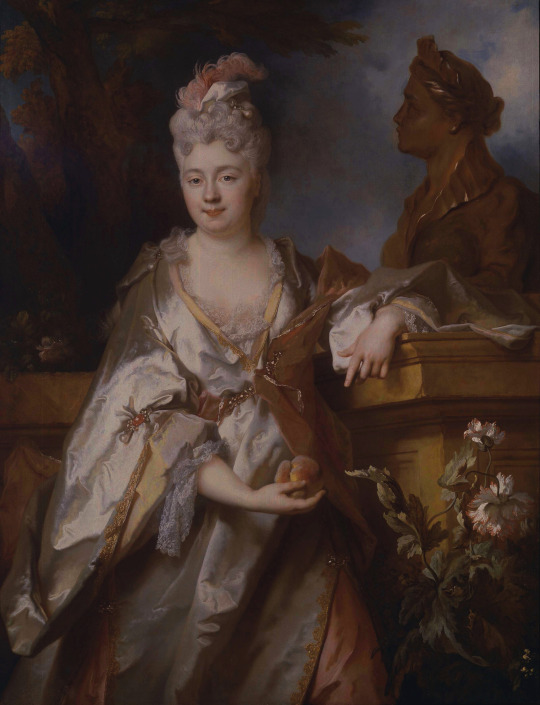
1715 Jeanne-Cecil Le Guay de Montgermon, three quarter length in a white satin robe with gold trimming and a ruby and pearl brooch by Nicolas de Largillière (Robilant & Voena, specific location ?). From their Web site; From their Web site; fixed spots in background with Photoshop and increased color saturation. 2721X3532.

1716 Mary Josephine Drummond, condesa de Castelblanco by Jean Baptiste Oudry (Museo del Prado - Madrid, Spain). From their Web site;fixed spots w Pshop 2045X2717.

ca. 1715 Louise Adélaïde de Bourbon by Pierre Gobert (Châteaux de Versailles et de Trianon - Versailles, Île-de-France, France) photo - Gérard Blot. From Réunion des Musées nationaux; enlarged by half 726X956.

ca. 1715 Sarah Lascelles (1656/1659–1743), Mrs Joshua Iremonger II, then Mrs Christopher Lethieullier by Michael Dahl I (Uppark House and Garden - South Harting, Petersfield, West Sussex, UK). From bbc.co (now artuk.org) 652X800.
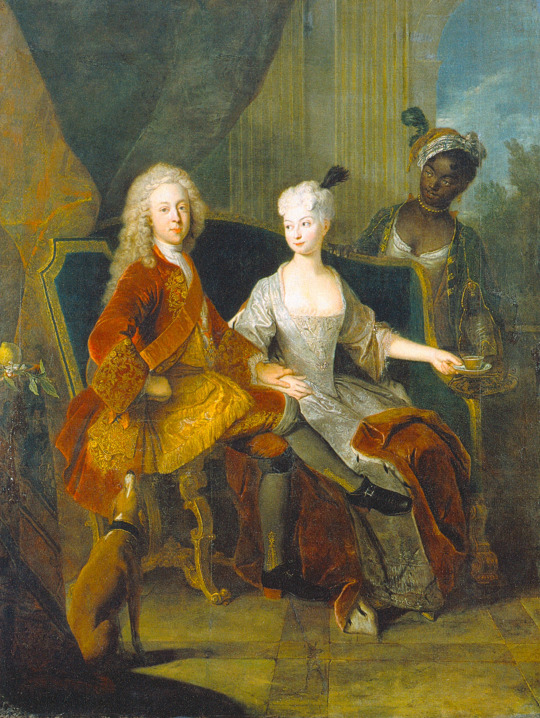
ca. 1716 Friedrich Ludwig of Württemberg and his wife Henriette Marie of Brandenburg-Schwedt by Antoine Pesne (Staatliches Museum Schwerin - Schwerin, Mecklenburg-Vorpommern, Germany). From Wikimedia; removed spots and linear and splotch flaws with. Photoshop 2078X2763.
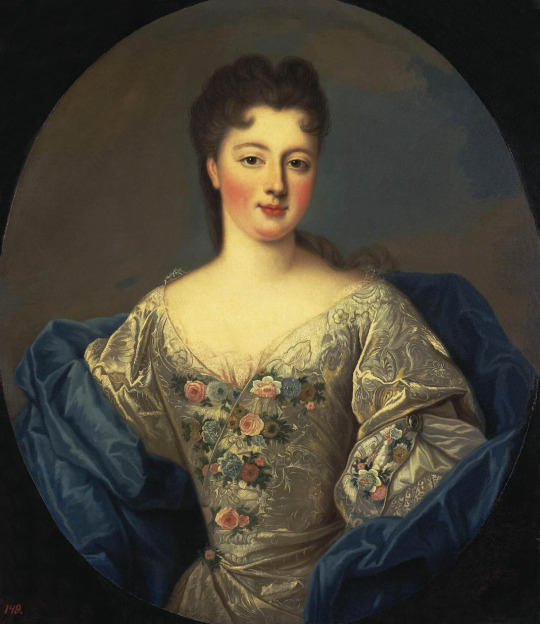
ca. 1716 Marie Louise Adélaïde d'Orléans the future Abbess of Chelles, daughter of the Regent of France by Pierre Gobert (Domaine de Sceaux - Sceaux, Hauts-de-Seine, Île-de-France, France). From Wikimedia; fixed spots w Pshop 1069X1235.

ca. 1717 Madame de Ventadour by Pierre Mignard (Châteaux de Versailles et de Trianon - Versailles, Île-de-France, France). From Wikimedia 1516X2000.The abundant lace ruffles on her sleeves point to the future while the headdress looks back to Fontanges and cleft coiffures.

Lady, said to be Marie-Elisabeth Le Fèvre de Caumartin (d. 1717) by Nicolas de Largillière (Sotheby's - 13Jun07 auction Lot 56). From their Web site; fixed obvious spots & cracks w Pshop 2396X2866.
#1710s fashion#late Baroque fashion#Rococo fashion#Georgian fashion#Louis XV fashion#Nicolas de Largillière#Jean Baptiste Oudry#Michael Dahl#Antoine Pesne#Pierre Gobert#Pierre Mignard
6 notes
·
View notes
Text
Billet spécial n°3 - Les évêques d'Orléans
Jusqu'ici, la majorité des plaques commémoratives présentées sur ce blog peuvent être trouvées à Paris, Lyon ou Orléans. Les deux premières villes ayant déjà eu droit à un billet spécial (sur les hôtels particuliers de l'île Saint-Louis et sur les imprimeurs de Lyon), il est donc tout naturel qu'Orléans reçoive le même traitement.
Orléans est le siège d'un diocèse catholique, centré sur la cathédrale Sainte-Croix d'Orléans, situé dans le centre-ville. La ville a donc accueilli, au fil de l'histoire depuis la fondation du diocèse (datée au IIIème siècle), de nombreux évêques, dont certains sont restés dans l'histoire locale pour leurs actions en faveur des habitants. Les plaques présentées ici peuvent être observées à l'intérieur de la cathédrale. De nombreuses autres plaques (souvent rédigées en latin), moins accessibles...








Ferric de Lorraine (?-1299) échoua d'abord à être nommé évêque d'Auxerre puis de Metz avant d'être nommé à Orléans. Manassès de Seignelay (?-1221) fut en conflit avec le roi Philippe Auguste et participe à la Croisade des Albigeois. Robert de Courtenay (1224-1279) accompagna quant à lui le roi Louis IX durant la huitième croisade en 1270. Raoul Grosparmi (?-1311) légua une grande partie de sa fortune à des monastères de l'Orléanais et de Normandie. Est également mentionné sur cette plaque Guillaume de Boesse (aussi appelé de Bucy ou de Bussy). Texte de la plaque : Évêques d'Orléans inhumés dans la cathédrale capétienne. Reconnus en 1887-88, Guillaume de Boesse, 1237-1258 ; Ferric de Lorraine, 1297-1299. Reconnus en 1937-38, Manassès II de Seignelay, 1297-1221 ; Robert de Courtenay, 1258-1279, Raoul Grosparmi, 1306-1311. In pace
Une autre plaque donne les noms de Milon de Chailly (?-1321), Foulques de Chenac (ou Chanac), Guy de Prunelé et Pierre du Chatel (ou Duchâtel ou Duchastel). Texte de la plaque : Évêques d'Orléans inhumés dans la cathédrale à des emplacements indéterminés. Milon de Chailly, 1312-1321 ; Foulques de Chenac, 1383-1394 ; Guy de Prunelé, 1394-1425 ; Pierre du Chatel, 1551-1552. In pace
Germain de Ganay (?-1520) fut évêque de Cahors avant d'être affecté à Orléans et fut le protecteur de Jacques Lefèvre d'Étaples, auteur d'un traité de magie naturelle. Louis-Gaston Fleuriau d'Armenonville (1662-1733), issu d'une famille noble, fut quant à lui évêque d'Aire avant Orléans. Texte de la plaque : Germain de Ganay, évêque d'Orléans, 1514-1521. Louis-Gaston Fleuriau d'Armenonville, évêque d'Orléans, 1706-1733. Précédemment inhumés sous les degrés du sanctuaire, ont été transférés en ce lieu le dix avril 1938. In pace
Mathurin de la Saussaye (1513-1584) fut, en parallèle de sa charge d'évêque, président de la Chambre des comptes, et dut fuir Orléans pour Tours lorsque la ville fut prise par les calvinistes. Texte de la plaque : Sous les dalles du sanctuaire à droite de l'autel fut inhumé Mathurin de la Saussaye, évêque d'Orléans, 1564-1584. Les restes de deux défunts anonymes ont été trouvés et laissés à cet endroit en 1937. In pace
Jean de l'Aubespine (~1558-1596) fut évêque de Beauvais avant d'être affecté à Orléans et prit position pendant les Guerres de Religion, soutenant tour à tour la Ligue catholique et le parti royaliste. Texte de la plaque : Ici ont été déposés le premier novembre 1937 les restes de tous les défunts anonymes précédemment inhumés dans le chœur où se lisaient avant la Révolution les épitaphes de Jean de l'Aubespine, évêque d'Orléans, 1587-1596 ; Louis de Menou, doyen du chapitre, † 1648 ; Robert Martin du Larry, chanoine de Ste Croix, † 1667. In pace
Nicolas de Netz (1592-1646) entra pendant l'exercice de son évêché en conflit avec les jésuites de sa paroisse. Son successeur, Alphonse d'Elbène (~1600-1647) élabora les statuts synodaux du diocèse d'Orléans, des documents à valeur administrative permettant de mieux en comprendre le fonctionnement. Texte de la plaque : Nicolas de Netz, évêque d'Orléans, 1632-1646. Alphonse d'Elbène, évêque d'Orléans, 1646-1665. Précédemment inhumés dans le chœur, ont été transférés en ce lieu le premier novembre 1957. In pace
Pierre du Cambout de Coislin (1636-1706) est décrit comme un prêtre dévoué à ses paroissiens, faisant souvent l'aumône et consacrant une bonne partie des revenus du diocèse à des œuvres de charité. Il s'opposa également à la persécution des protestants, il fut proche du roi Louis XIV et participa à la fondation du grand séminaire d'Orléans en 1670. Texte de la plaque : A la mémoire de son éminence Pierre du Cambout de Coislin, cardinal-prêtre de la Sainte Église Romaine du titre de la Trinité des Monts, Grand aumônier de France, Évêque d'Orléans 1636 - 1666 - 1706. Très aimé du roi Louis XIV, vénéré du clergé, chéri des pauvres, il a laissé un nom béni dans ce Diocèse qu'il édifia quarante années par ses vertus et combla de ses bienfaits. Il institua le Grand Seminaire. Il contribua à doter la ville d'Orléans de l'Hopital Général. Sa dépouille mortelle, d'abord inhumée dans le sanctuaire, a été transféré en ce lieu lors du dégagement des restes de la cathédrale romane, en 1938. Le Cardinal de Coislin avait fait décorer magnifiquement le choeur de la cathédrale par les plus grands artistes, grâce aux libéralités du Roi, accrues de ses propres dons. Le jubé, commencé en 1689 sur les dessins de Charles Le Brun, enrichi et terminé en 1695 par Jules Hardouin-Mansart, fut détruit pendant la Révolution. Quelques vestiges en ont été réunis autour de cette nouvelle sépulture. Les boiseries, exécutées de 1702 à 1706 sur les plans de Jules Hardouin-Mansart et de Jacques-Jules Gabriel par le sculpteur Jules Degoullons, étaient admirées comme "l'un des plus beaux ouvrages du Royaume" avant de disparaître avec le jubé. Elles ont été replacées dans la cathédrale en 1938, Mgr Jules-Marie Courcoux étant évêque d'Orléans.
Enfin, Étienne-Alexandre Bernier (1762-1806) se fit en particulier remarquer pour ses prises de position (avant qu'il ne soit nommé évêque d'Orléans) lors de la Guerre de Vendée, durant laquelle il soutint les Vendéens et les partis royalistes, au sein desquels il construisit une très grande influence, quoiqu'il fut critiqué par ses alliés pour son ambition. Il y acquit toutefois la réputation nécessaire pour être chargé, avec d'autres, par Napoléon Bonaparte de la négociation du Concordat en 1801. Texte de la plaque : In Mémoriam. Etienne-Alexandre Bernier, négociateur du Concordat de 1801, évêque d'Orléans en 1802, restaurateur du diocèse, décédé à Paris le 18 octobre 1806, inhumé au cimetière Saint Pierre de Montmartre. Son cœur a été déposé dans cette cathédrale, "Chapelle Notre Dame de compassion". In pace
#collectif#commemoration#inhumation#religieux#france#loiret#orleans#non datee#nicolas de netz#alphonse d'elbene#jean de l'aubespine#germain de ganay#louis gaston fleuriau d'armenonville#ferric de lorraine#manasses de seignelay#robert de courtenay#raoul grosparmi#guillaume de boesse#milon de chailly#foulques de chenac#guy de prunele#pierre du chatel#pierre du cambout de coislin#mathurin de la saussaye#etienne alexandre bernier
0 notes